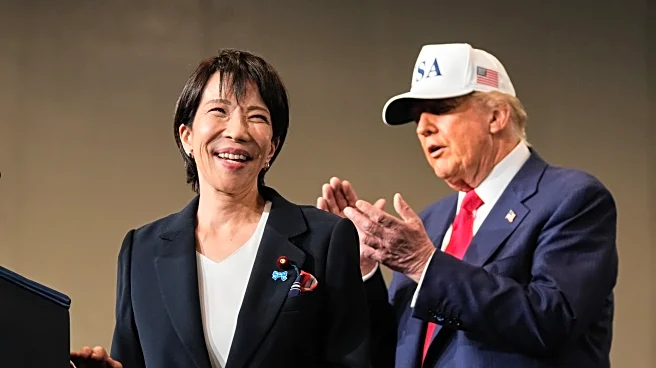Rapid Read • 7 min read
An analysis of Israel's historical evolution from a focus on self-reliance to a more militaristic stance reveals the cultural and ideological shifts within the Zionist movement. Initially, Zionists aimed to create a new Jewish identity characterized by strength and resilience, reacting against centuries of persecution. However, this vision also led to a militaristic approach, influenced by both local and foreign military cultures. The article argues that Israel's current actions in Gaza and its broader military policies are rooted in these historical developments, reflecting a complex interplay of power and victimhood.
AD
Understanding Israel's historical trajectory provides insight into its current geopolitical strategies and domestic policies. The shift towards militarism has significant implications for regional stability and international relations, particularly in the context of ongoing conflicts. The analysis highlights the challenges Israel faces in balancing its historical identity with contemporary political realities. This historical perspective is crucial for policymakers and scholars seeking to address the underlying causes of conflict and promote peace in the region.
The article suggests that Israel must recognize its position of power and the responsibilities that come with it. This realization could lead to a reevaluation of its military strategies and a potential shift towards more diplomatic solutions. The historical context provided may influence future discussions on Israel's role in the Middle East and its approach to security and peacebuilding.
The exploration of Israel's cultural and ideological evolution raises broader questions about the impact of historical narratives on national identity and policy. The interplay between power and victimhood in Israel's self-image reflects a common theme in post-colonial states, where historical grievances continue to shape contemporary politics. This analysis underscores the importance of historical awareness in addressing modern geopolitical challenges.
AD
More Stories You Might Enjoy













